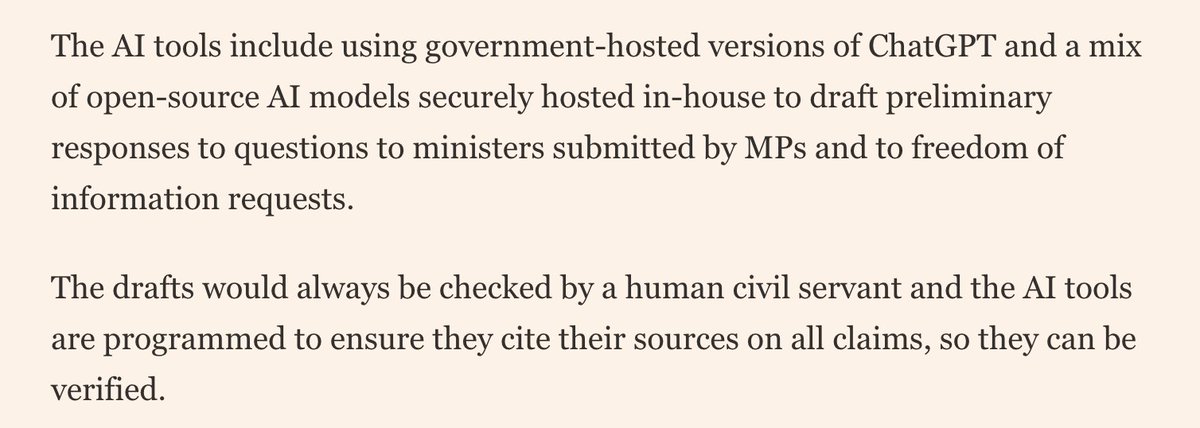More #AIhype #PSEUDOSCI #SnakeOil
We can detect X from Y! In this case, we're to believe X is depression (and Y is the public Twitter data), but actually >>
We can detect X from Y! In this case, we're to believe X is depression (and Y is the public Twitter data), but actually >>
https://twitter.com/Kobotic/status/1512217408471064576
It hasn't been tested against actual mental health data, but rather a scraped dataset with labels inferred based on what's in (or not in) the tweets.
>>
https://twitter.com/emilymbender/status/1512219408587886593
>>
I'm beginning to wonder what kind of training journalists receive regarding covering technology. Surely there are some best practices being taught in journalism programs to avoid falling for this bs?
• • •
Missing some Tweet in this thread? You can try to
force a refresh







